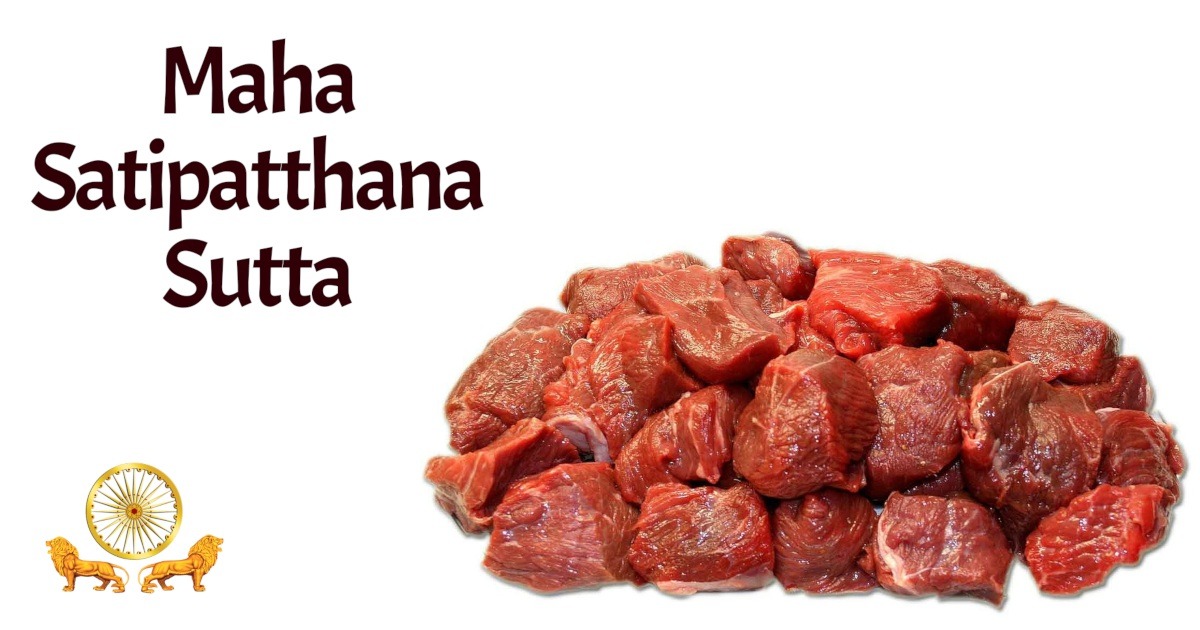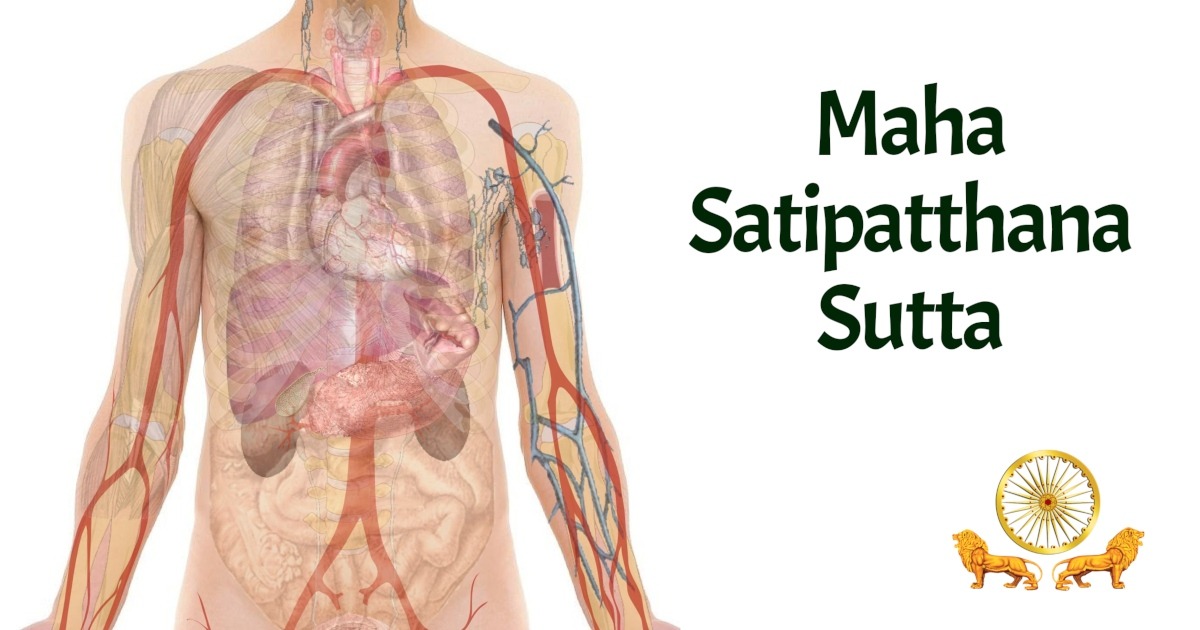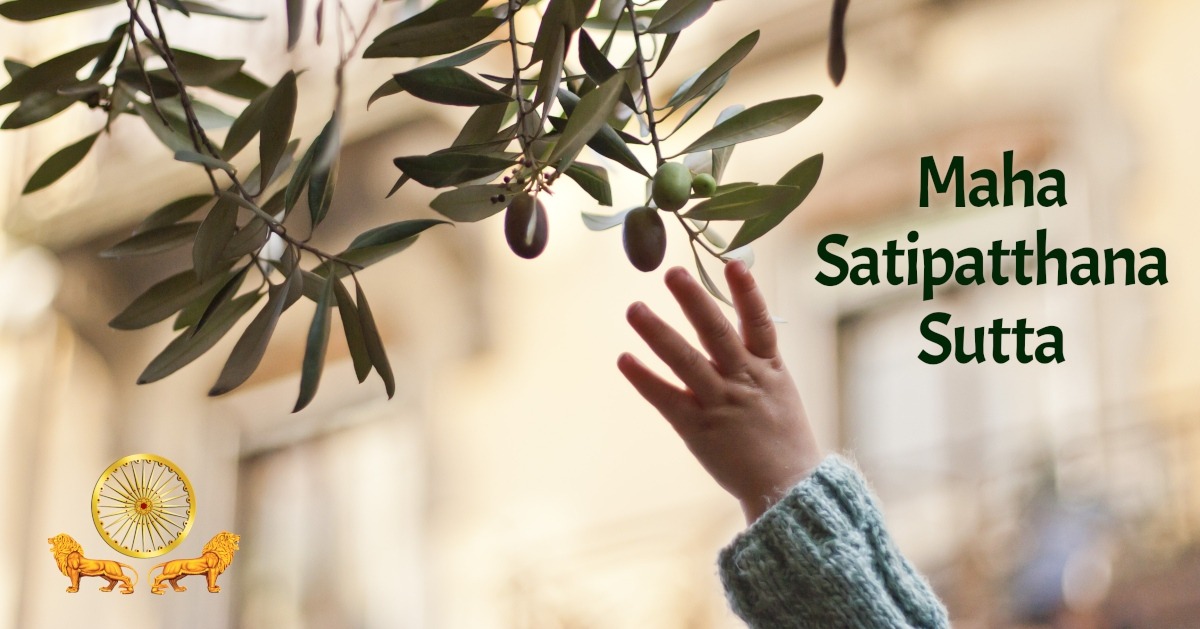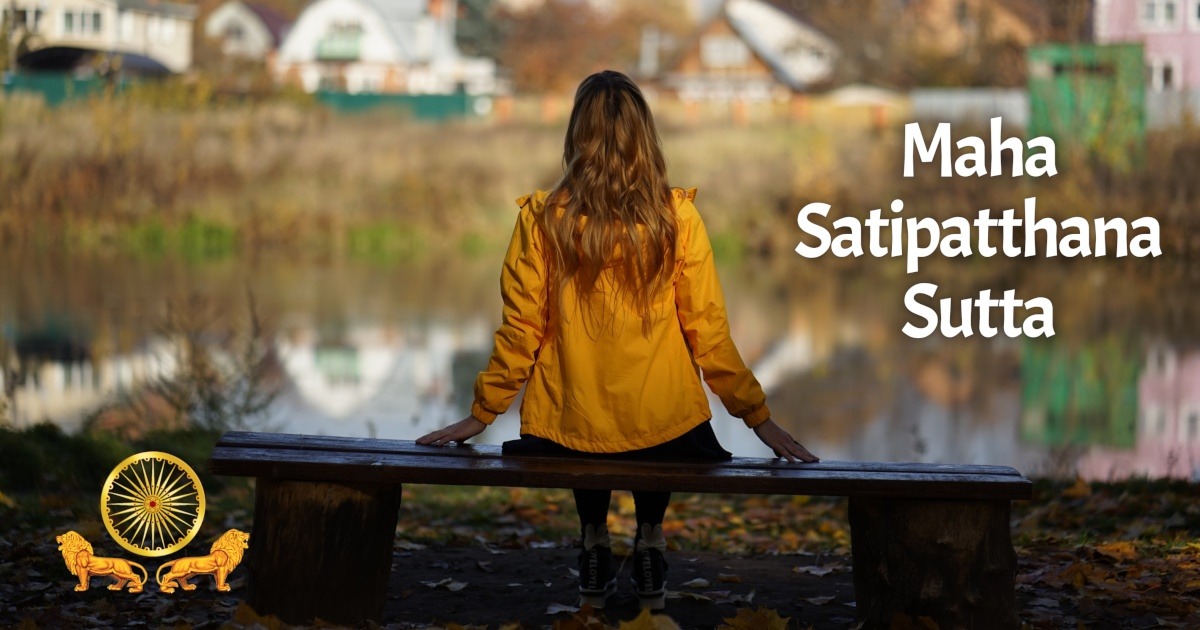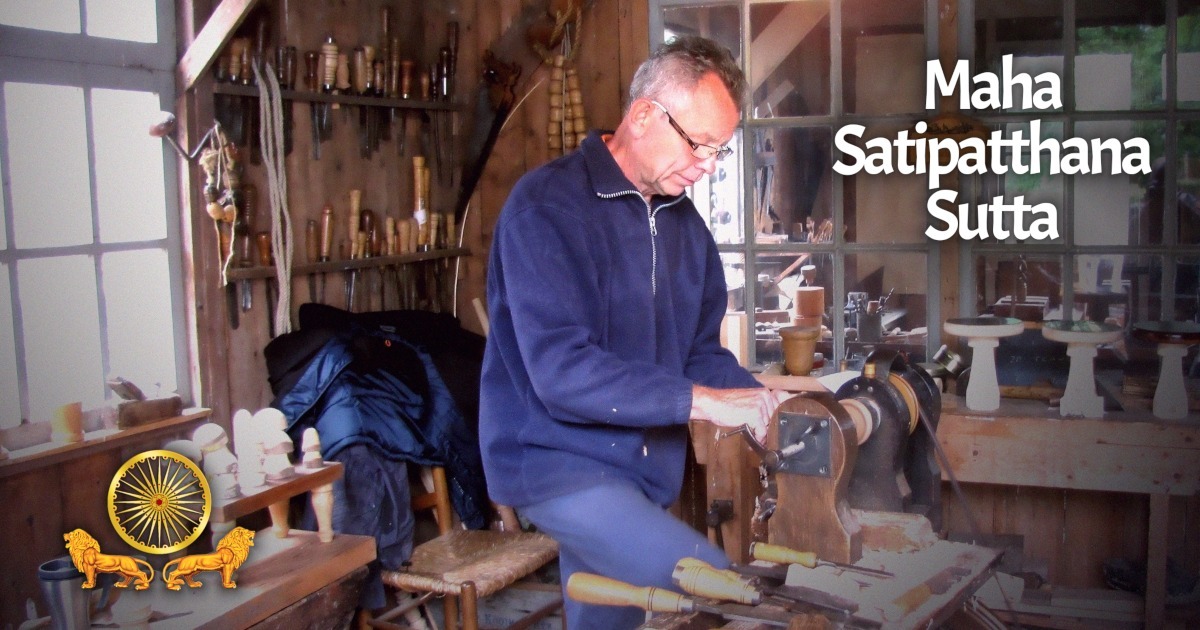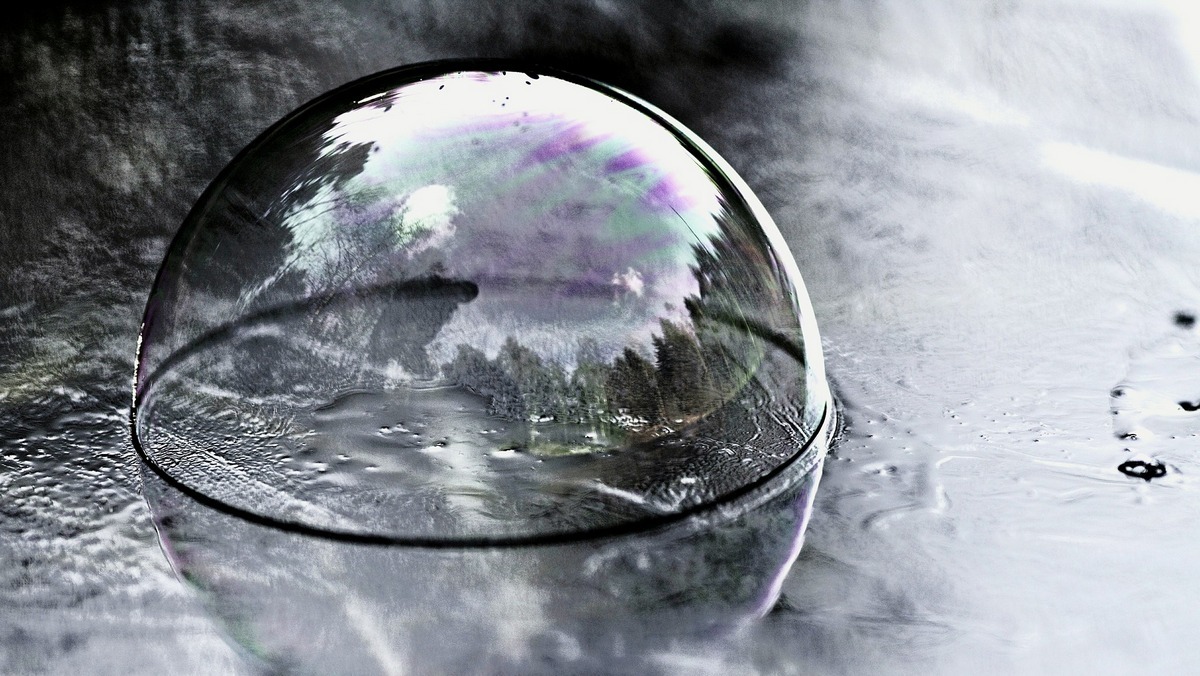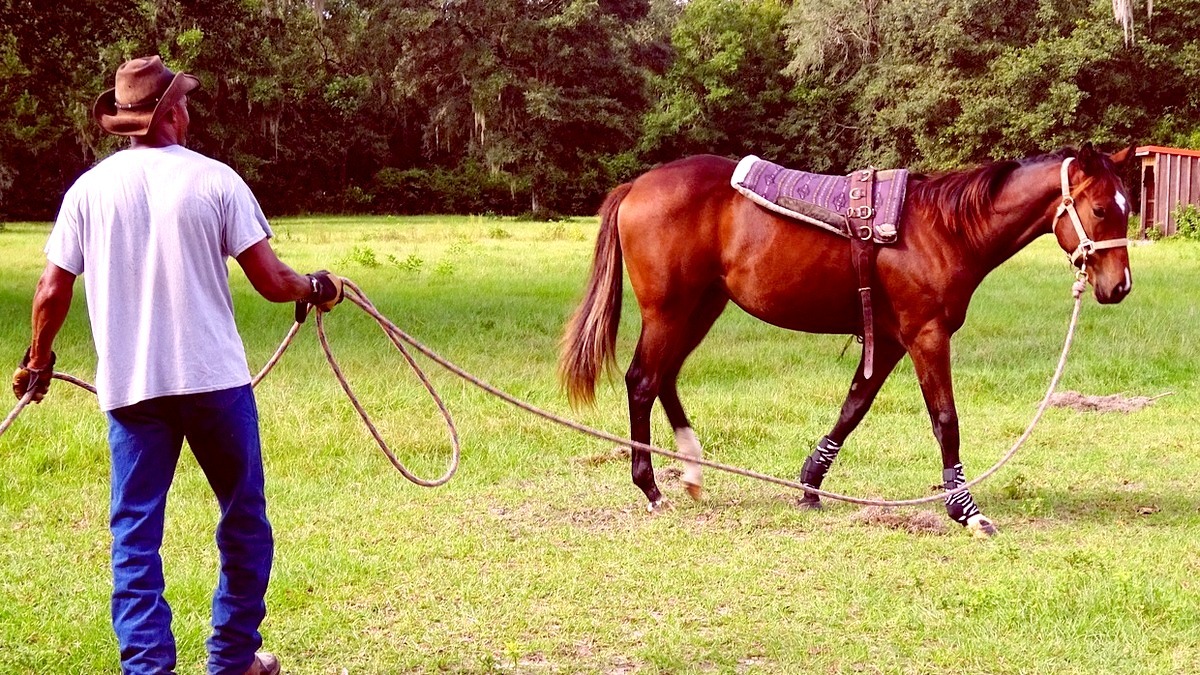Mahasatipatthana Sutta: Elements
1. Kāyānupassanā: The Observation of Body 1.5 Dhātumanasikāra Pabbaṁ: Reflections on the Elements Puna ca paraṁ bhikkhave, bhikkhu / imameva kāyaṁ yathā ṭhitaṁ yathā paṇihitaṁ,/ dhātuso paccavekkhati:/ atthi imasmiṁ kāye / paṭhavī dhātu, āpo dhātu, tejodhātu, vāyo dhātū ti./ “Again, monks, a monk reflects upon this body, • however it is placed, however positioned, • as consisting of elements thus: • ‘In this body there are the earth element, the water element, • the fire element, and the air element.’ Seyyathāpi bhikkhave dakkho goghātako vā goghātakantevāsī vā / gāviṁ vadhitvā cātummahāpathe khīlaso pativibhajitvā nisinno assa./ “Just as though a skilled butcher [...]

